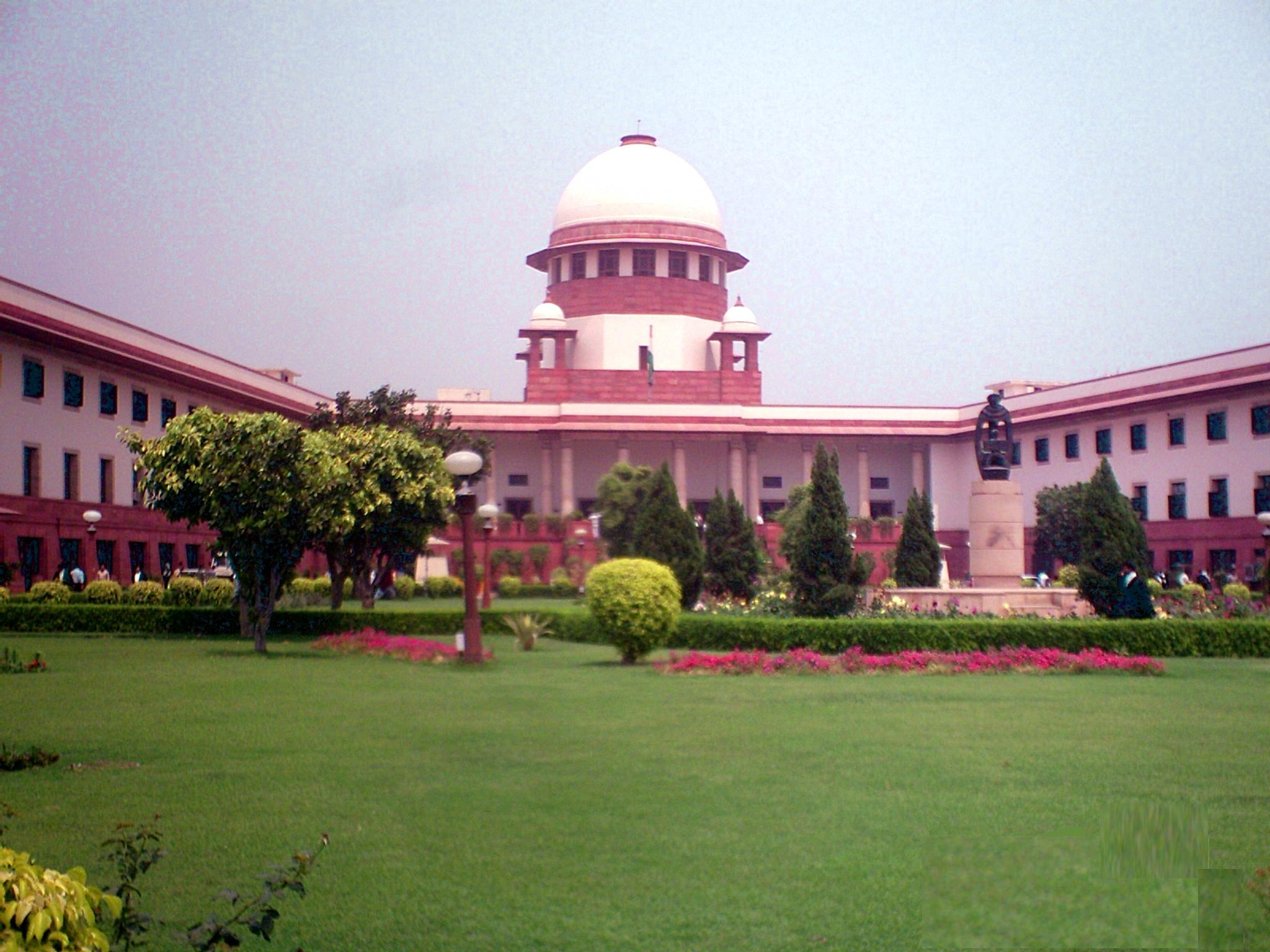Arguments in the Supreme Court litigations around linking Aadhaar with PAN, challenging the constitutionality of Section 139AA of the Income Tax Act, were concluded today by Senior advocate Mr. Arvind Datar (also see our updates from day 1, day 2, day 3, day 4, and day 5 of this litigation).
Replying to the State’s arguments, Mr. Datar advanced the following contentions today:
- Legislative competence: All the previous Supreme court orders including the one passed by a Constitutional bench on 15th October, 2015 pronounce that Aadhaar is voluntary. As long as that order stands, the legislative power of the Parliament under Article 246 remains eclipsed. The question before the court is: if a judgment is given qua executive power, can the Parliament exercise legislative power without removing the basis of the earlier orders? Mr. Datar pointed out that Article 73 of the Constitution says that executive power is coextensive with legislative power and if there is a restraint on executive power, there will be a restraint on the former as well. If the Supreme court has passed an order, it is as binding on the Parliament as it is on any other organ of the State. Therefore, the Parliament had no legislative competence to enact Section 139AA, linking Aadhaar to PAN. The only situations in which Section 139AA can be deemed valid are: 1) Aadhaar is made mandatory under Section 3, and 2) Inserting a non obstante clause under Section 139AA (notwithstanding anything in any other law)
- Article 14 and Article 19(1)(g): The distinction made under the Aadhaar Act between individuals and companies has no rational nexus with the object sought to be achieved by the Act. Further, proportionality has been a facet of Article 14 since 1959 [Chintaman Rao v. State of Madhya Pradesh; (1950) SCR 759]. Mr. Datar highlighted that proportionality is a part of Article 19(1)(g) as well. A number of small entrepreneurs will be at risk if their PAN is invalidated. This is not a proportional restriction under Article 19(6).
Mr. Datar finished his arguments by appealing to the court to strike down Section 139AA of the Income Tax Act or at least read it down to make the Aadhaar-PAN linkage voluntary.
Senior Counsel Mr. Salman Khurshid also made a brief submission, countering the State’s argument that individuals do not have an absolute right over their body. He explained the meaning of human dignity and the importance of freedom of choice. He said that the measure of a nation is not just its economic growth, but the protection of dignity of every individual.
The State and the petitioners have finished their arguments and the matter is now reserved for judgment.


